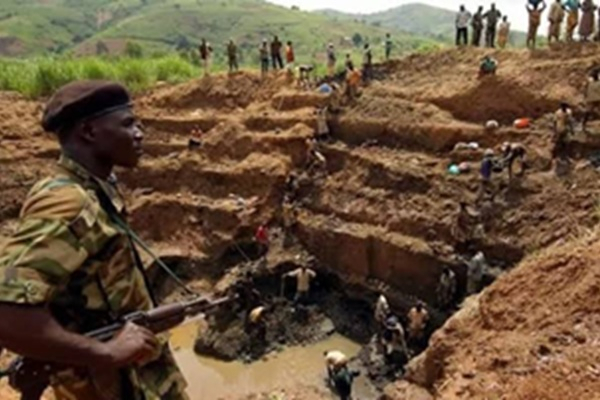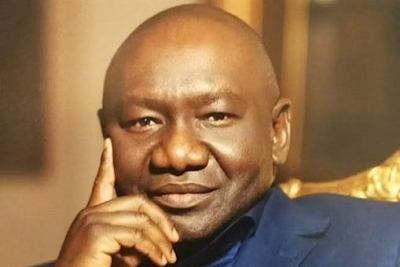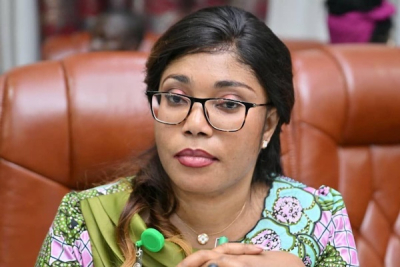The M23 rebel group is consolidating its control over several mining towns in the eastern Democratic Republic of Congo (DRC). After taking over Rubaya in North Kivu, the rebels have also seized Lumbishi, a mining town in South Kivu, according to reports from residents and the territory's administrator. Rubaya hosts an artisanal coltan mine, which accounts for up to 15% of global production. Lumbishi is located in a resource-rich area abundant in coltan, gold, tourmaline, and cassiterite.
"This military advance is accompanied by efforts to establish a parallel civilian administration in M23-controlled areas, as well as an intensification of mining," notes the Washington-based Africa Center for Strategic Studies (ACSS). Several experts, including UN experts, warn that the M3 group is exacerbating the illicit mineral trade in the DRC, further hindering efforts to formalize artisanal mining practices in the country.
Another driver
To ensure responsible artisanal mining of gold in the country, the DRC government set up a company to buy, sell, and export this gold. Formerly Primera Gold, the firm was rebranded as DRC Gold Trading SA after coming under public control. In 2023, it operated solely in South Kivu, collecting up to 5.07 tonnes of gold and boosting the country's artisanal exports by an astonishing 12,000% year-on-year. However, the M23's increasing presence in this province is likely to disrupt the company’s activities.
The DRC’s vast wealth in critical minerals is one of the drivers of the conflict, and, according to a note from the Center for Strategic Studies of Africa published on January 29, it“will need to be addressed if a comprehensive peace is to be achieved”. “Rwanda, in particular, is alleged to be facilitating the illicit mining and trafficking of these minerals. The market value for these minerals is likely to exceed over $1 billion,” the note adds.
Depuis @MiningIndaba à Cape Town, nous dénonçons avec force le pillage de nos ressources minérales par le Rwanda, qui mène une agression inacceptable contre notre pays🇨🇩 @MinMinesRDC pic.twitter.com/hKTlElABiG
— Kizito Pakabomba (@kizpaka) February 2, 2025
Cited by Reuters, Jason Stearns, a political scientist at Simon Fraser University and former UN investigator, highlighted that Rwanda's mineral exports now exceed $1 billion annually—roughly double what they were two years ago—with a significant portion believed to originate from the DRC. The Congolese government firmly asserts Rwanda's involvement in the plundering of its resources. Kisiti Pakabomba, Minister of Mines, reiterated this point at the Mining Indaba forum currently taking place in South Africa.
In February 2024, Rwanda and the European Union signed a memorandum of understanding aimed at ensuring a "sustainable supply of raw materials" for the EU in exchange for funding to develop Rwanda's mining supply chains and infrastructure. This agreement has since been criticized by the DRC and some Members of the European Parliament (MEPs), who view it as complicit with ongoing resource exploitation in the region.
This article was initially published in French by Pierre Mukoko
Edited in English by Ola Schad Akinocho










